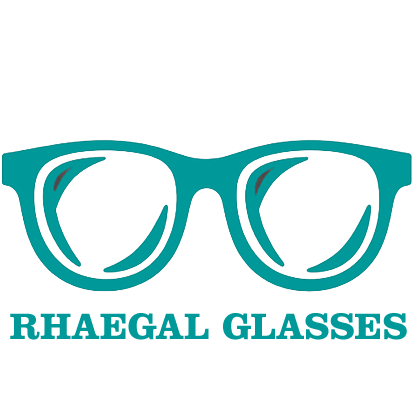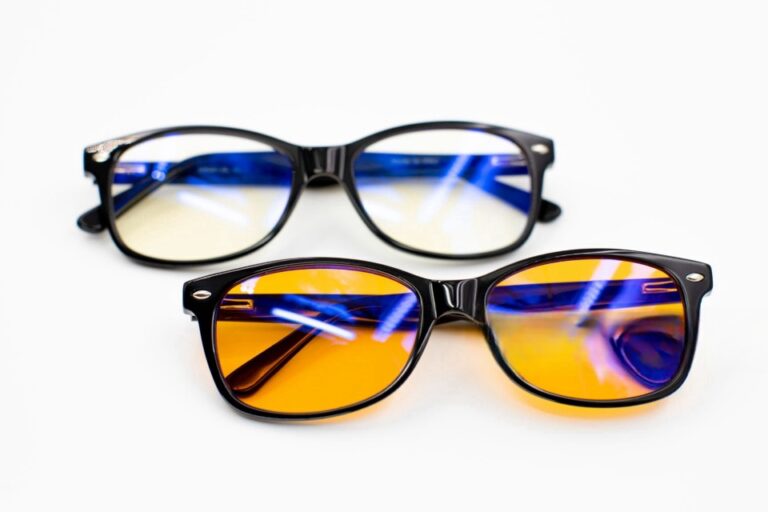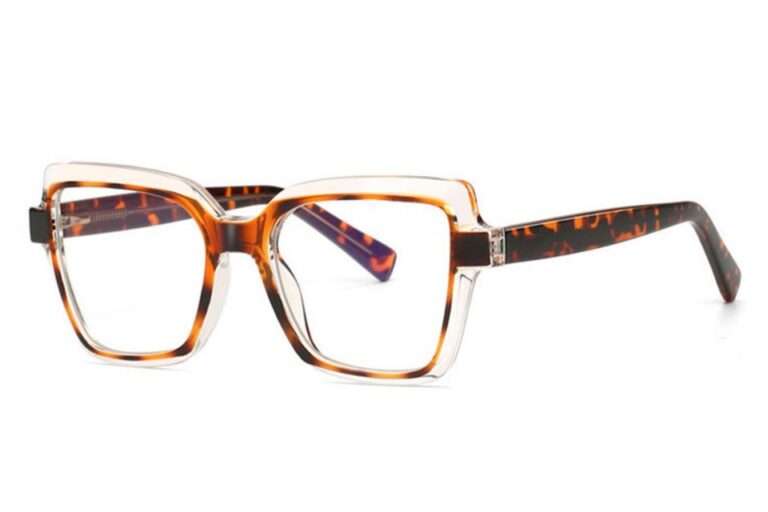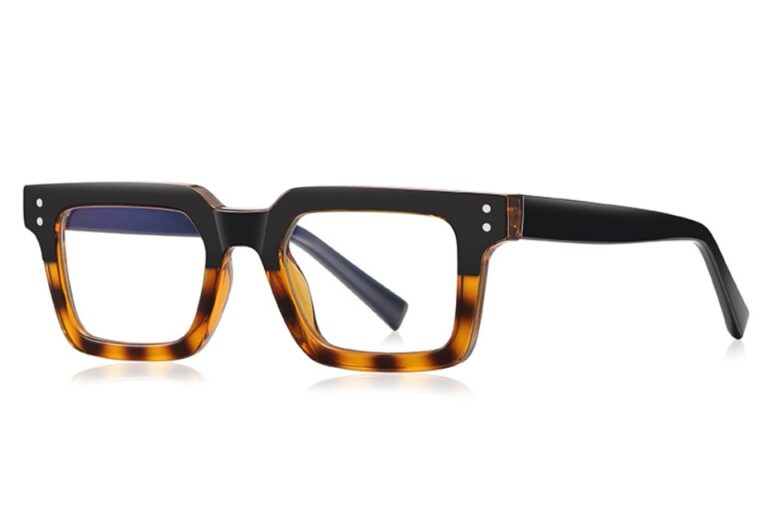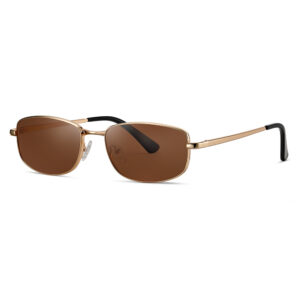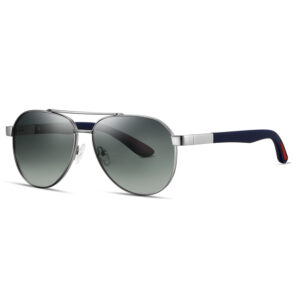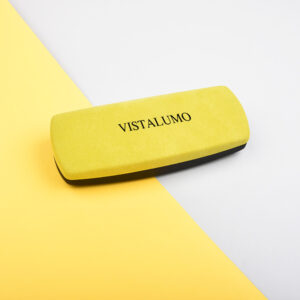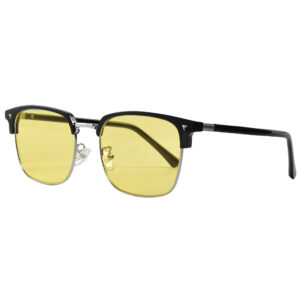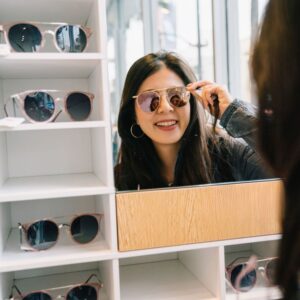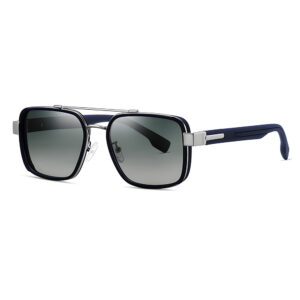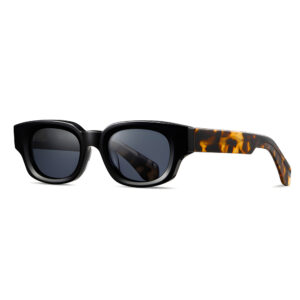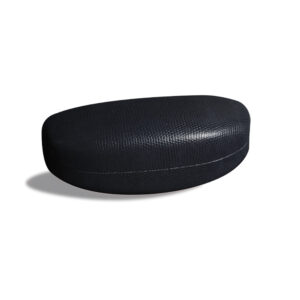

How Do I Match My Face Shape to My Glasses?
Glasses not only have the function of correcting various refractive errors, but also have the function of decorating and covering facial defects. For example, a face with a long nose can choose a frame with a suitable nose bridge, and the nose will not look so long after wearing it. Wearing glasses with dark wide-rimmed frames can hide or cover defects such as drooping eyelids and facial scars, and play a dual effect of correction and beauty. So you must learn to play to your strengths and avoid your weaknesses. There will always be a pair of glasses that suits you, and you will also shine with your own brilliance when wearing it.

Should You Wear Sunglasses While Running? Unveiling the Best Running Eyewear for a Superior Runner Experience
Running eyewear is a crucial piece of gear for runners. This article explores why running sunglasses are essential, highlighting the benefits of polarized sunglasses, and helping you choose the best running sunglasses to protect your eyes and enhance your running experience. We’ll cover everything from UV rays to comfort and performance, ensuring you find the right sunglasses for every run. Prepare to discover how to wear sunglasses and why runners need sunglasses!
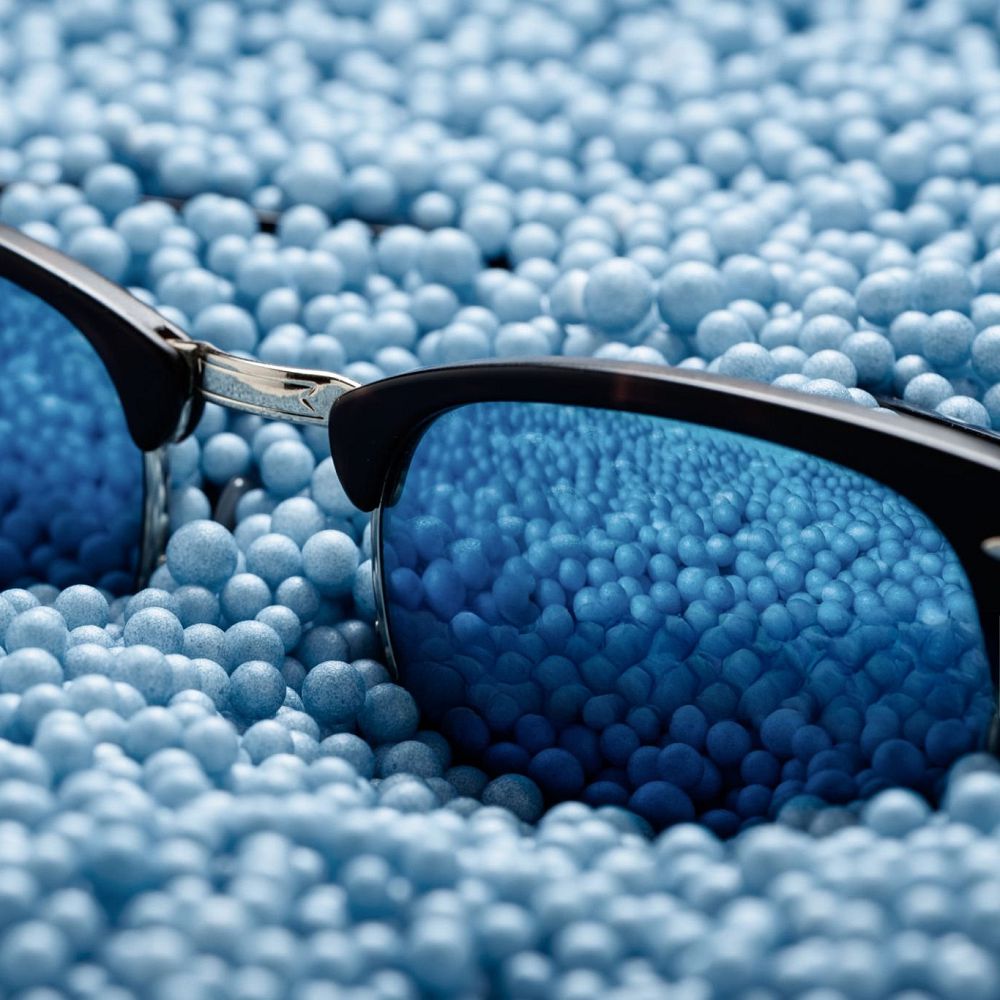
What Are Most Glasses Frames Made Of? Discover the Best Material for Your Eyewear!
Ever wondered what your glasses frame is actually made of? From metal to plastic to titanium, the eyeglass frame materials available can be confusing! This article will explain the variety of frame materials, helping you choose the best material for glasses that fit your needs, your style, and provide optimal eye care. This guide is crucial because the right frame material impacts comfort, durability, and even how your prescription lenses perform. Knowing your options is key to selecting the best.
